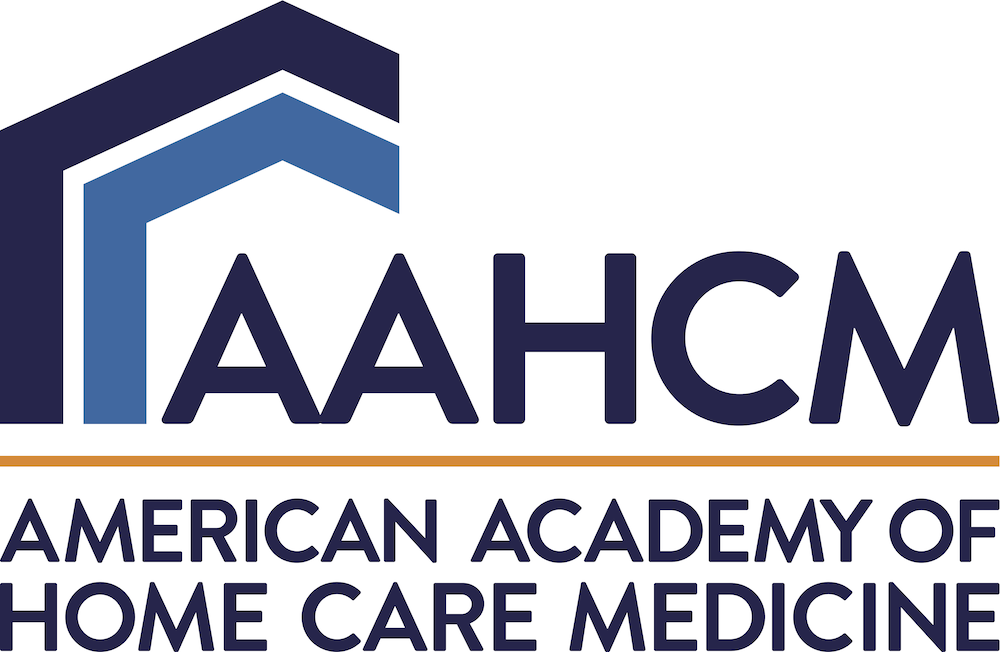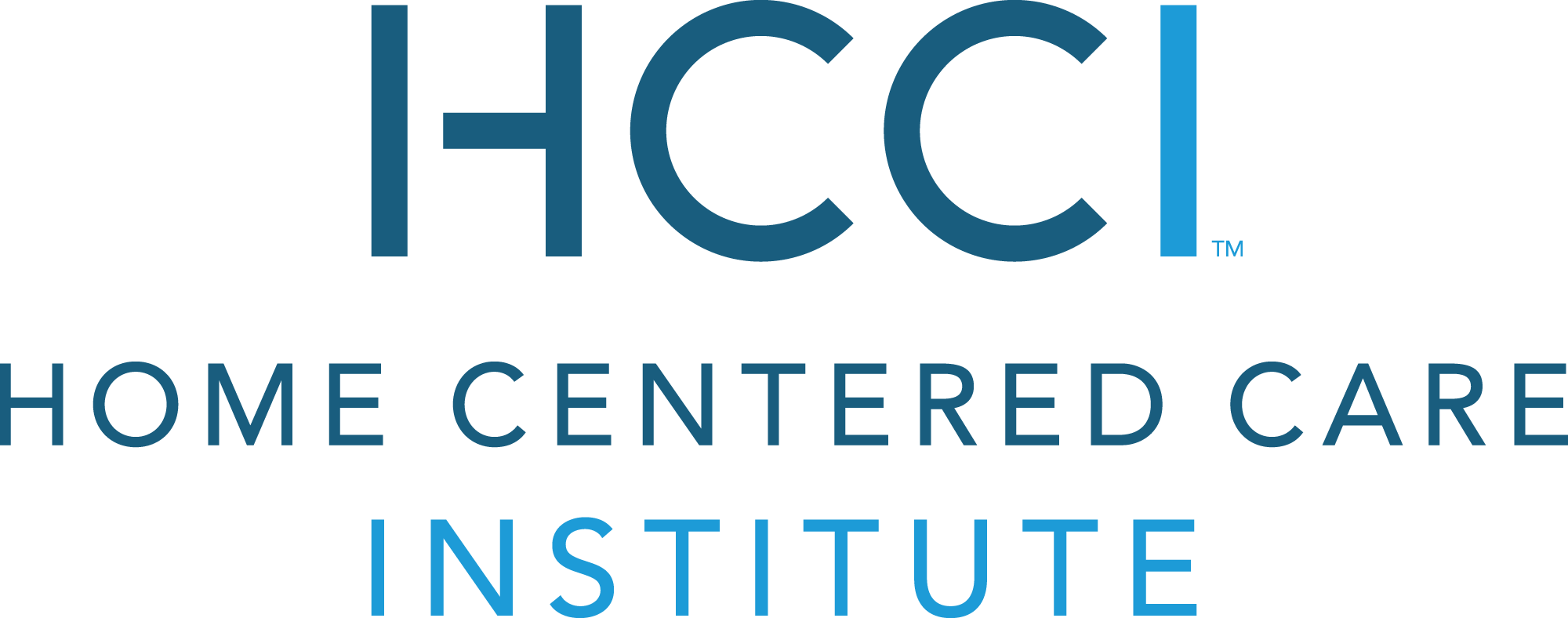- House Call Finder
- Join & Get Involved
- Public Policy
- Events
- Education
- Partners
- About
A Profile of the Home Centered Care Institute
The Home Centered Care Institute (HCCI), is a nonprofit organization dedicated to increasing access to best-practice house call programs for patients who are better cared for in the home and to making home-based primary care the national standard for treating medically complex patients in the home. Our vision is that every patient in need has access to quality medical care in the home that results in a profound improvement in medical outcomes, patient and family experience and health care spending. Resources
Why do house calls matter?Many people think that house calls are a thing of the past. Not so. Today’s house call visits – known as home-based primary care – combine the expertise and advanced technology of a healthcare clinic with the convenience and comfort of home. This care model is proven to benefit providers, payers and, of course, patients. House calls matter because 4 million Americans are unable to leave their homes to obtain basic primary care. A shocking 5% of Medicare beneficiaries account for 50% of Medicare spending. These startling statistics come as no surprise to those familiar with the challenges posed by an aging and increasingly unhealthy population. Our current “911 culture” exacerbates the problem and leads to repeated, costly hospitalizations for chronically ill, medically complex patients, many of whom have no other health care resource. Home-based primary care offers an alternative that: 1) improves patient outcomes; 2) improves patient satisfaction; 3) reduces costs; and 4) improves experience for physicians and other practitioners. Our nation has spent decades building and refining the health care system we know today. However, a shift is taking place – highlighting a great need and opportunity to provide home-based primary care. Why is the home-based primary care movement important and why does it matter in today’s health care environment?
If home-based primary care is so extraordinary, why doesn’t every patient in need have access to quality primary care in the home?HCCI examined this issue as part of its effort to scale this model of care nationally. HCCI faced a critical decision. Create a grassroots campaign and motivate the public to demand house calls of doctors, hospital systems, insurers? Tackle legislators and policymakers to accelerate the move to value-based care and a payment model more supportive of house call medicine? Or, educate and mobilize the current healthcare workforce on the nuances and special skills required of home-based primary care practitioners? A closer look at current conditions made the choice clear. HCCI estimates that to meet the needs of just half of the approximately four million homebound patients in this country, 5,000 new full-time providers are needed, along with a sizable number of back office staff. Education and training resources in home-based primary care are limited, with the focus on acute-care and facilities-based services. HCCI was concerned that a campaign directed at the public would only result in frustrated consumers unable to obtain home-based primary care services because of the lack of trained practitioners available to provide the care. Workforce development stood out as a pivotal factor in advancing primary care in the home. The American Geriatric Society Guiding Principles for the Care of Older Adults with Multimorbidity has long been the standard for this population but is not specific to the home. To address this gap, HCCI developed the nation’s first and only comprehensive curriculum for home-based primary care clinicians and operations staff based on input from an interdisciplinary collaborative of experts in the field. HCCI also launched a research initiative aimed at identifying evidence-based best practices for home-based primary care field, with a goal toward certification. More specifically, what is Home Centered Care Institute doing to advance the house call or home-based primary care movement?Through education, training and research, HCCI is developing the workforce that will increase the delivery of the home-based primary care model of care. A well-trained workforce will be able to care for the top 1-5% of high care utilizers, reduce costs to health systems, commercial, federal and state payers, while enhancing the quality of care provided to patients. Education & Training1. HCCI’s expert staff includes physicians and practice managers with the knowledge and experience required to teach home-based primary care delivery and operations 2. HCCI professionals skilled in instructional design, education, and training equip current and future house call physicians and other practitioners with the knowledge, skills, competence and confidence to deliver this extraordinary care. 3. HCCI provides quality improvement, communications, marketing, and strategic planning consultation to home- based primary care practices. 4. HCCI launched the nation’s first comprehensive education curriculum for home-based primary care professionals, now available through HCCI University™, which includes:
Research1. HCCI began a research initiative aimed at collecting “best practices” data to inform future HCCI learning opportunities and build the case for home-based primary care as a viable, sustainable model for caring for our nation’s most vulnerable patient population. 2. HCCI conducts applied research to inform its role and that of like-minded organizations in advocating for government payment reform. 3. HCCI supports pilot house call programs to develop replicable, transferable models with the goal of expediting the implementation and growth of house call programs across the U.S. HCCI was founded in 2012 by Thomas Cornwell, MD, a nationally recognized expert and practitioner in the home-based primary care field, with ongoing support from individual and institutional donors such as The John A. Hartford Foundation. For more information on HCCI programs and initiatives, visit HCCInstitute.org. |

